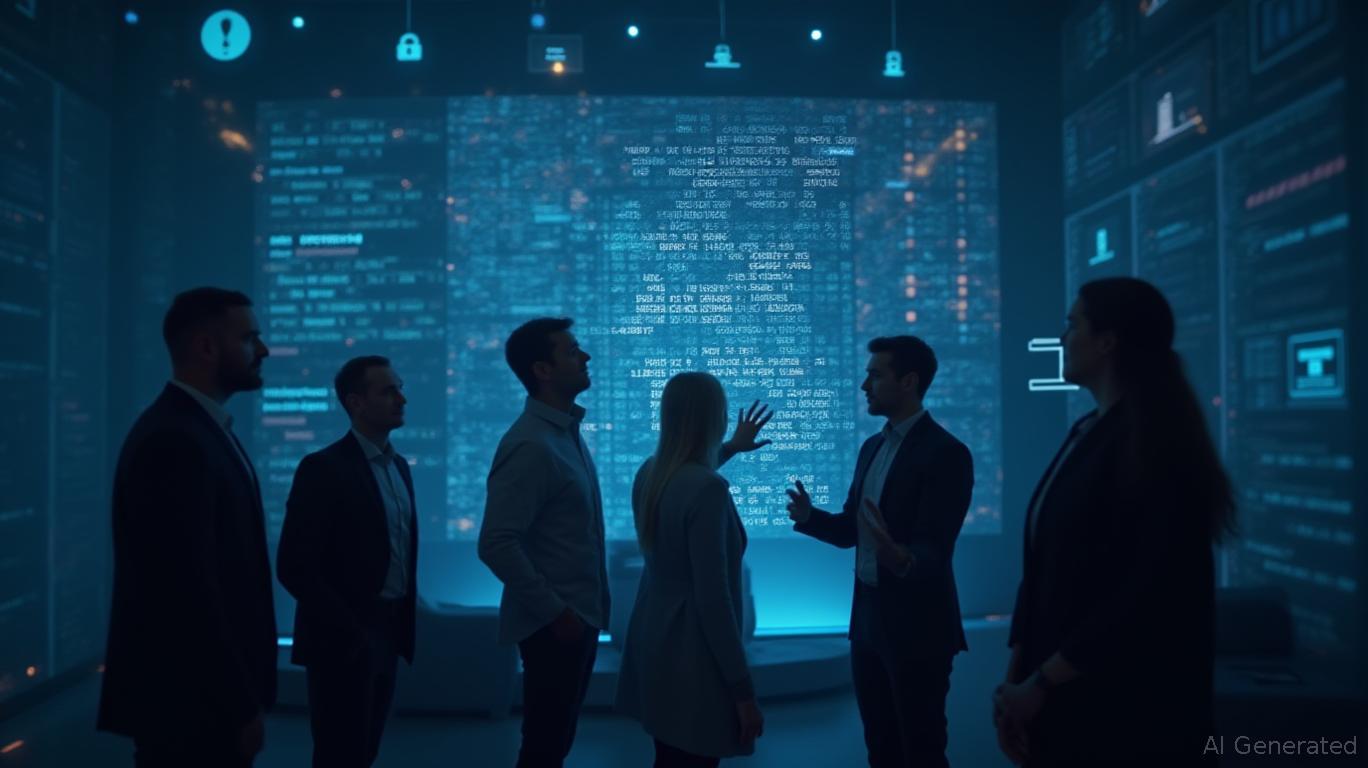U.S. Government Holds 327,000 Bitcoin in Strategic Reserve
- U.S. government establishes a strategic Bitcoin reserve policy.
- Largest Bitcoin seizure valued over $15 billion.
- Strategic reserve affects market concentration and regulation.
The U.S. government has announced its possession of over 327,000 Bitcoin, valued at more than $15 billion, following a significant seizure conducted as part of new federal crypto policies.
This strategic move signals a shift in U.S. crypto policy, impacting market dynamics and government approach to digital asset management, potentially influencing global cryptocurrency regulation strategies.
The U.S. government now holds over 325,000 Bitcoin, marking a historic crypto seizure . This initiative follows a new federal policy to retain seized digital assets rather than liquidating them immediately.
The policy, initiated by President Donald Trump , led to establishing the Strategic Bitcoin Reserve. The Department of Justice is pivotal in executing major Bitcoin seizures.
The government’s decision affects various stakeholders, including industries and financial markets. This move results in heightened concerns about market influence and concentration risks.
The strategic reserve, funded by forfeited assets, holds potential political and economic implications. Its establishment suggests a shift in how digital assets are managed nationally and globally .
The cryptocurrency markets have observed significant volatility following the announcement, especially Bitcoin and XRP. Investors are assessing the implications of this new policy.
Analysts predict substantial regulatory and market developments. The event signals stronger oversight of digital assets, likely impacting price stability and asset management strategies moving forward.
Donald Trump, President, U.S., “The U.S. aims to become the crypto capital of the world” – source
Disclaimer: The content of this article solely reflects the author's opinion and does not represent the platform in any capacity. This article is not intended to serve as a reference for making investment decisions.
You may also like
CryptoQuant reports Bitcoin whales back in profit at $112,788

The Misleading Dilemma: How Instant Technology Brings Together Privacy and Protection
- Malaysia’s MCMC collaborates with tech giants to implement eKYC protocols for under-16s, prioritizing privacy under data protection laws. - Traditional document-based verification risks data breaches, with 2025 IBM report citing $4.4M average breach costs. - Privacy-first solutions like real-time biometrics verify identity without storing sensitive data, aligning with KYC/AML standards. - Global challenges include $2T annual money laundering and $10B U.S. costs from underage social media access, driving

Uniswap News Today: Celo’s Uniswap v4 Strives to Make Finance Accessible in Developing Regions
- Uniswap v4 launches on Celo blockchain, offering low-cost, customizable DeFi solutions to 600,000+ daily users. - Protocol's "Hooks" enable developer customization while Celo's sub-cent fees and fast finality boost real-world adoption. - Network's ecosystem expansion includes Aave/Velodrome integrations and 365% revenue growth post-Ethereum L2 migration. - Celo aims to redefine DeFi in emerging markets through $1B monthly stablecoin volume and mobile-first financial inclusion tools.

AI Guides Crypto Investors Amid Global Political Turmoil
- AI integration in crypto trading accelerates, with ChatGPT and Ozak AI offering real-time insights and predictive analytics. - PayPal’s OpenAI partnership boosts stock prices, highlighting AI’s role in digital finance workflows and crypto market navigation. - Ozak AI’s DeFi platform uses machine learning to forecast markets, aiming for 200x returns under optimal conditions. - Institutions like Falcon Finance and Circle’s Arc blockchain expand AI-driven trading across traditional and digital assets. - Des

